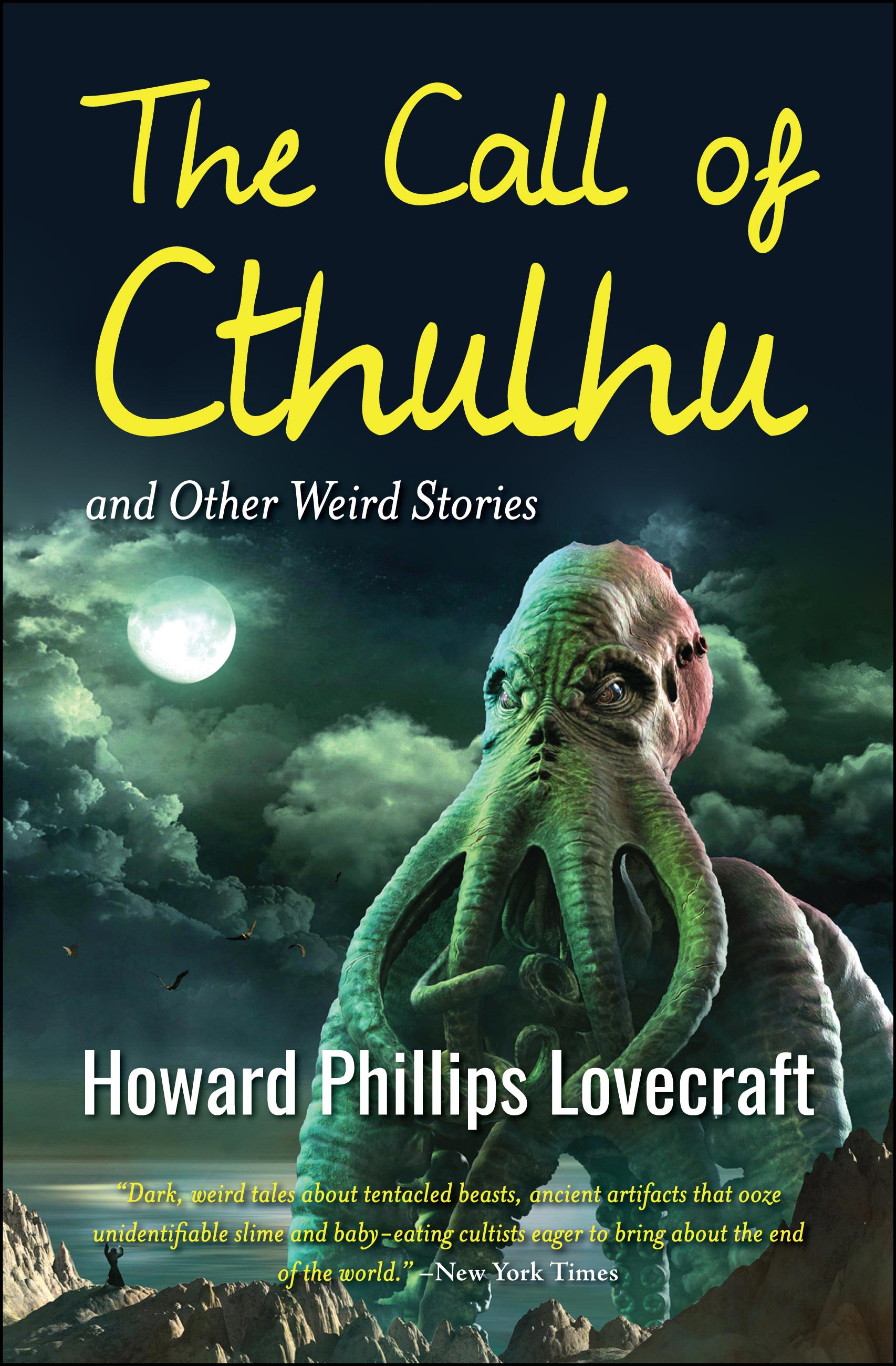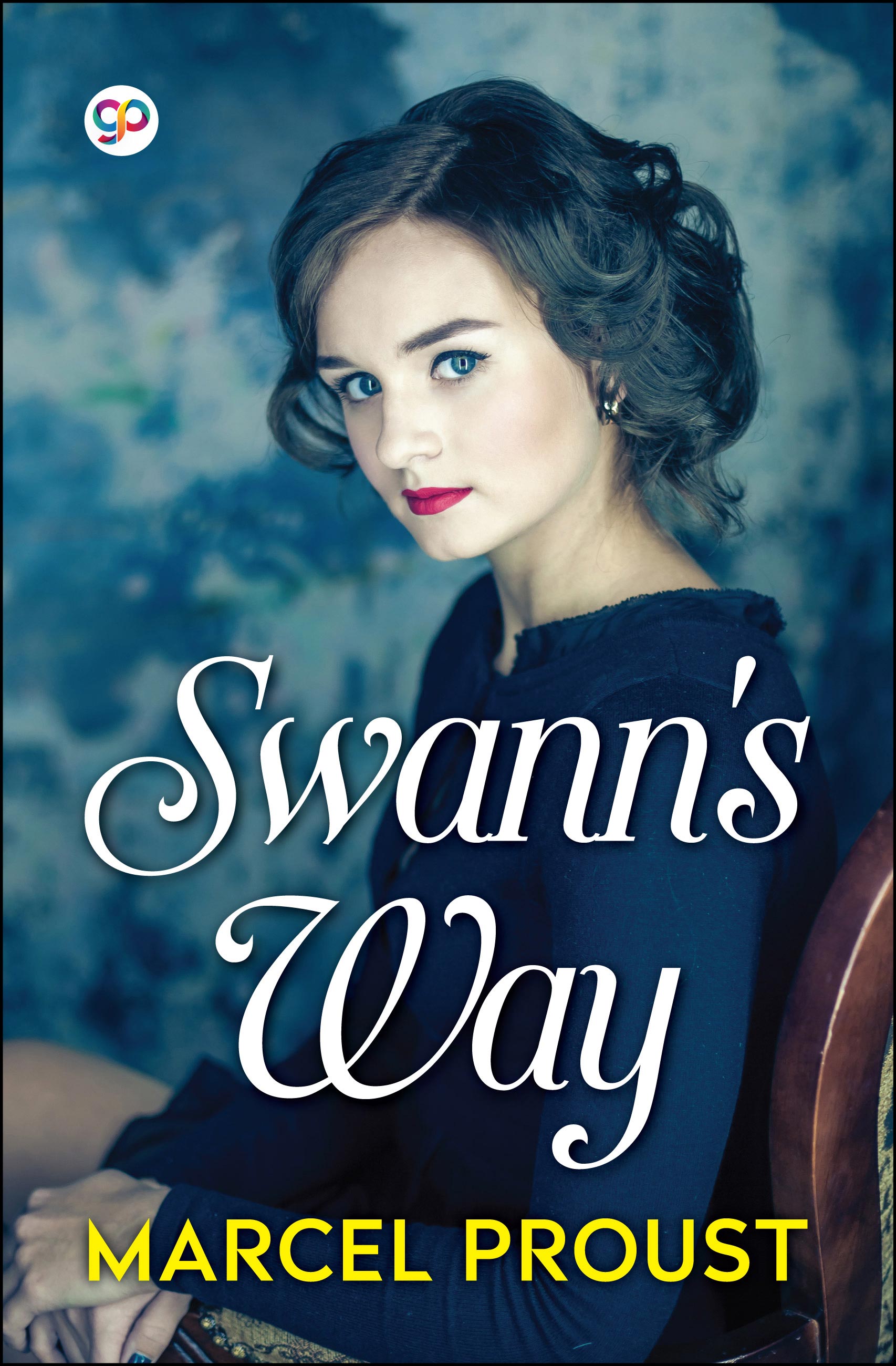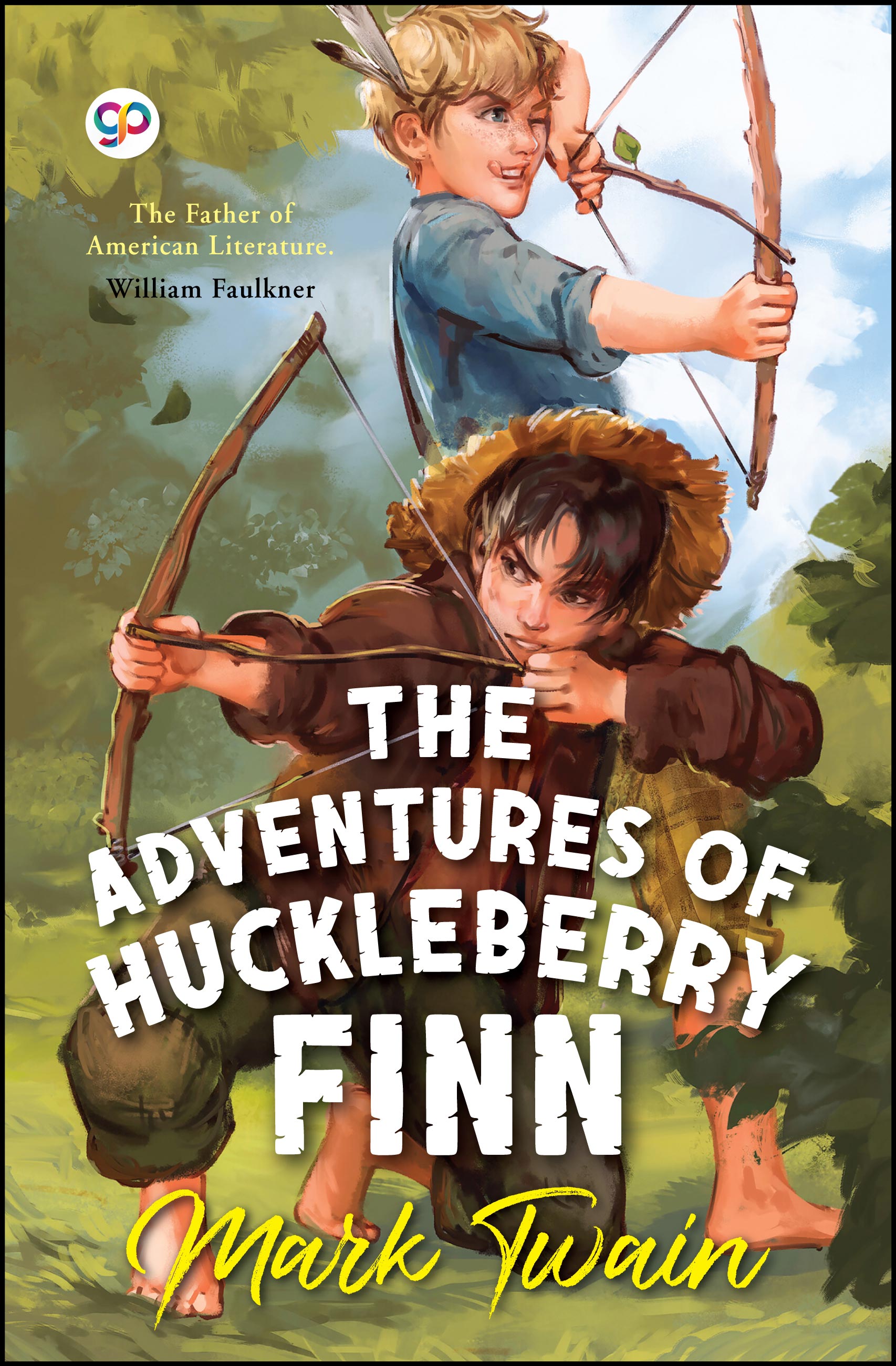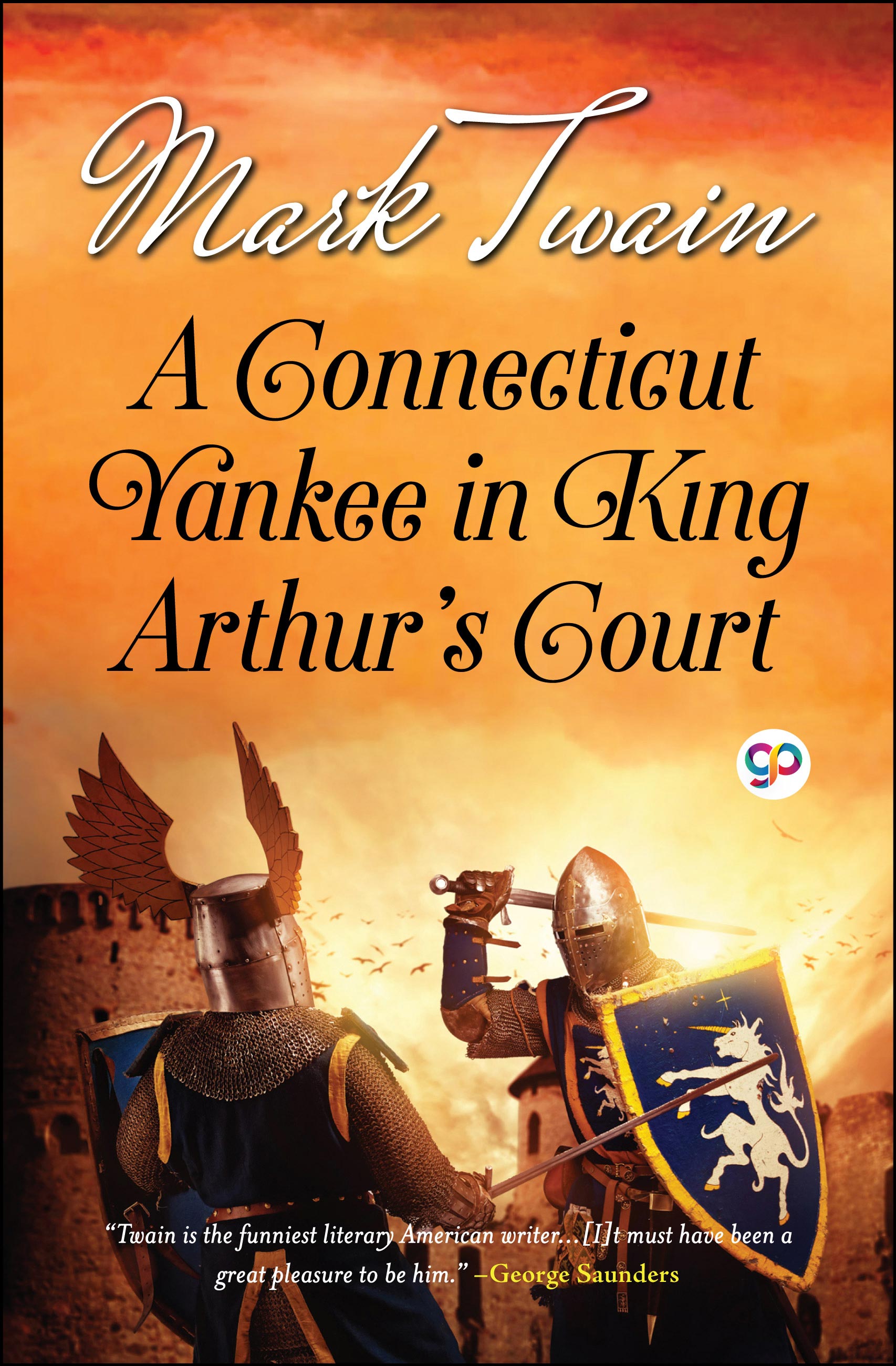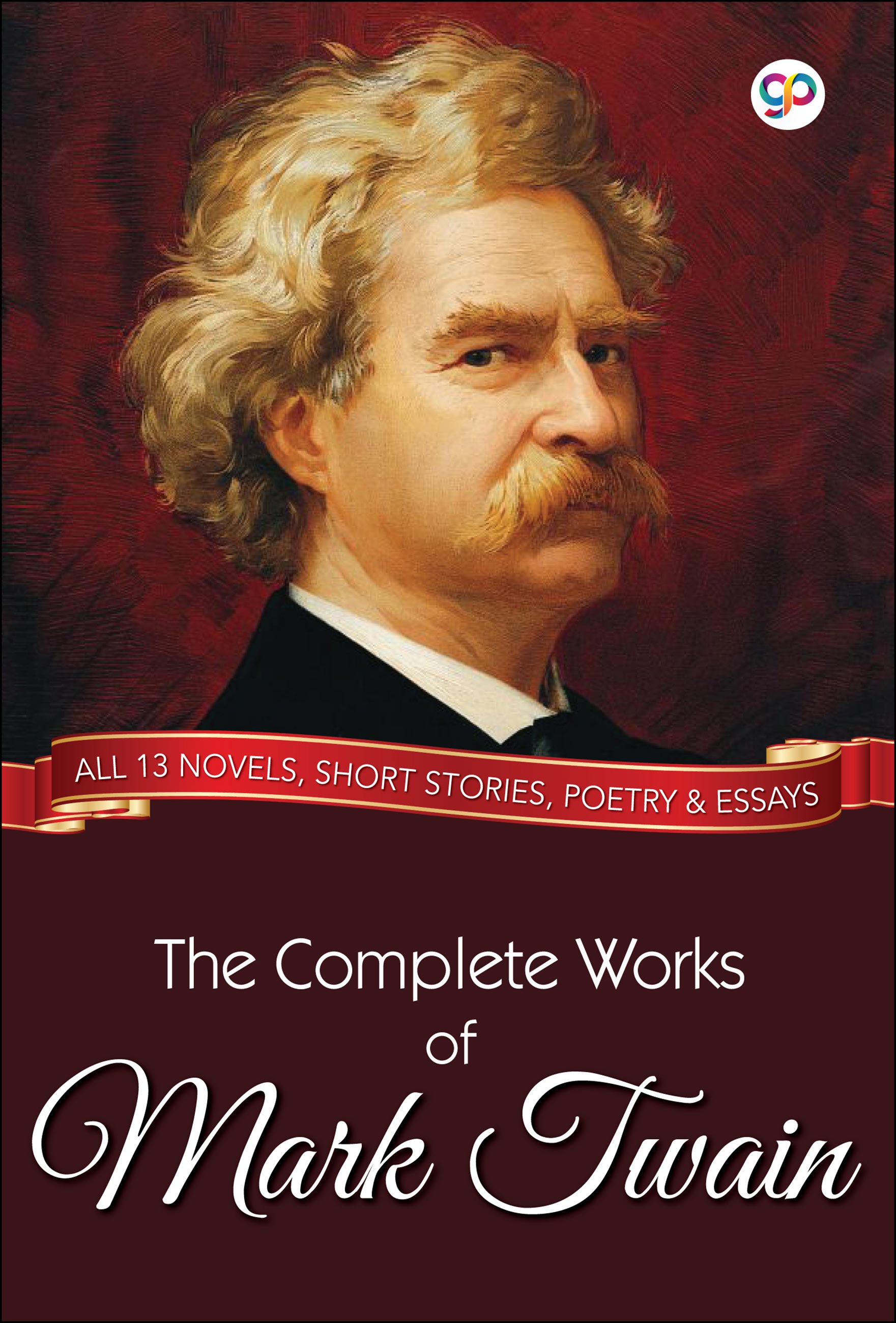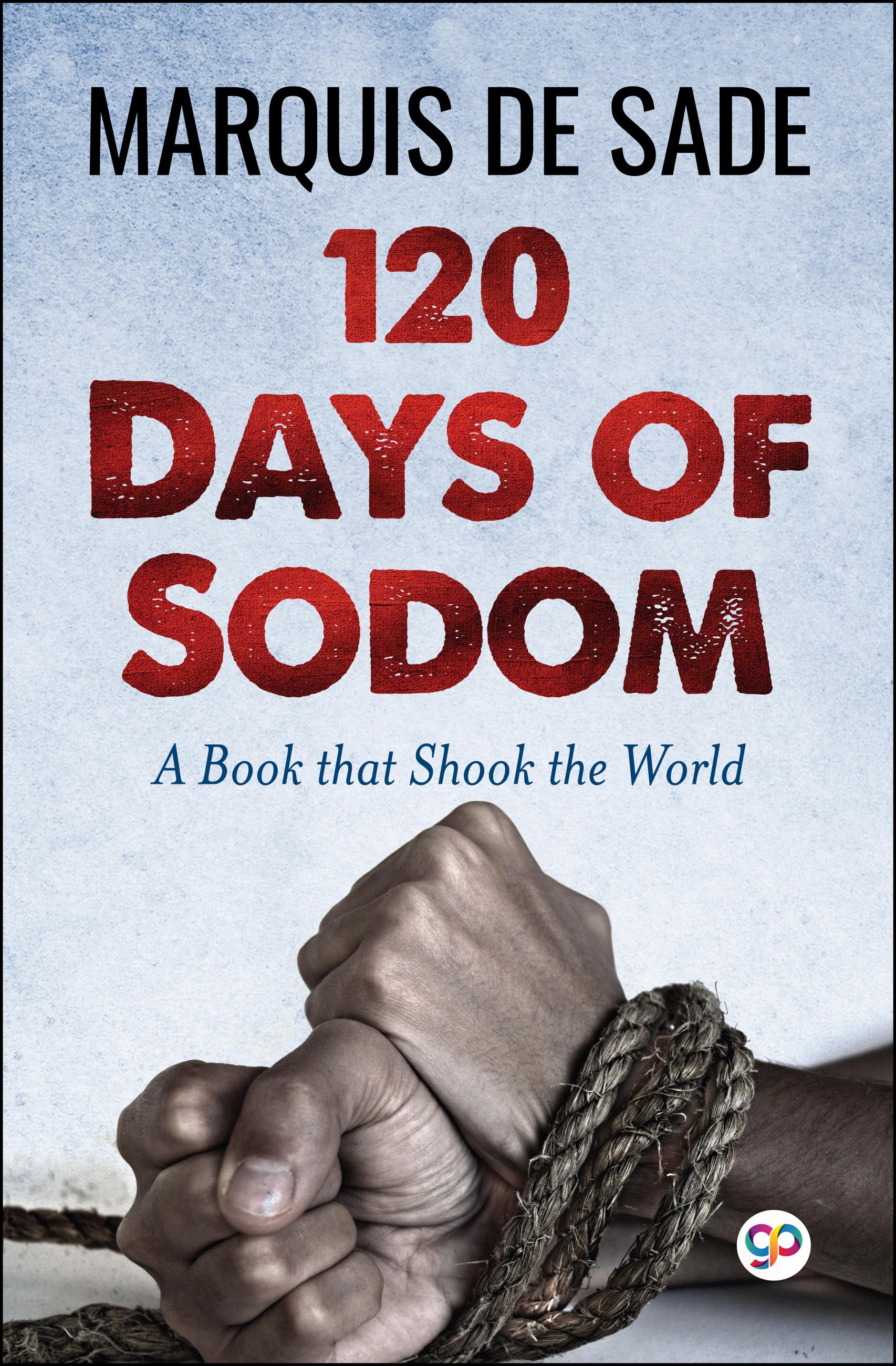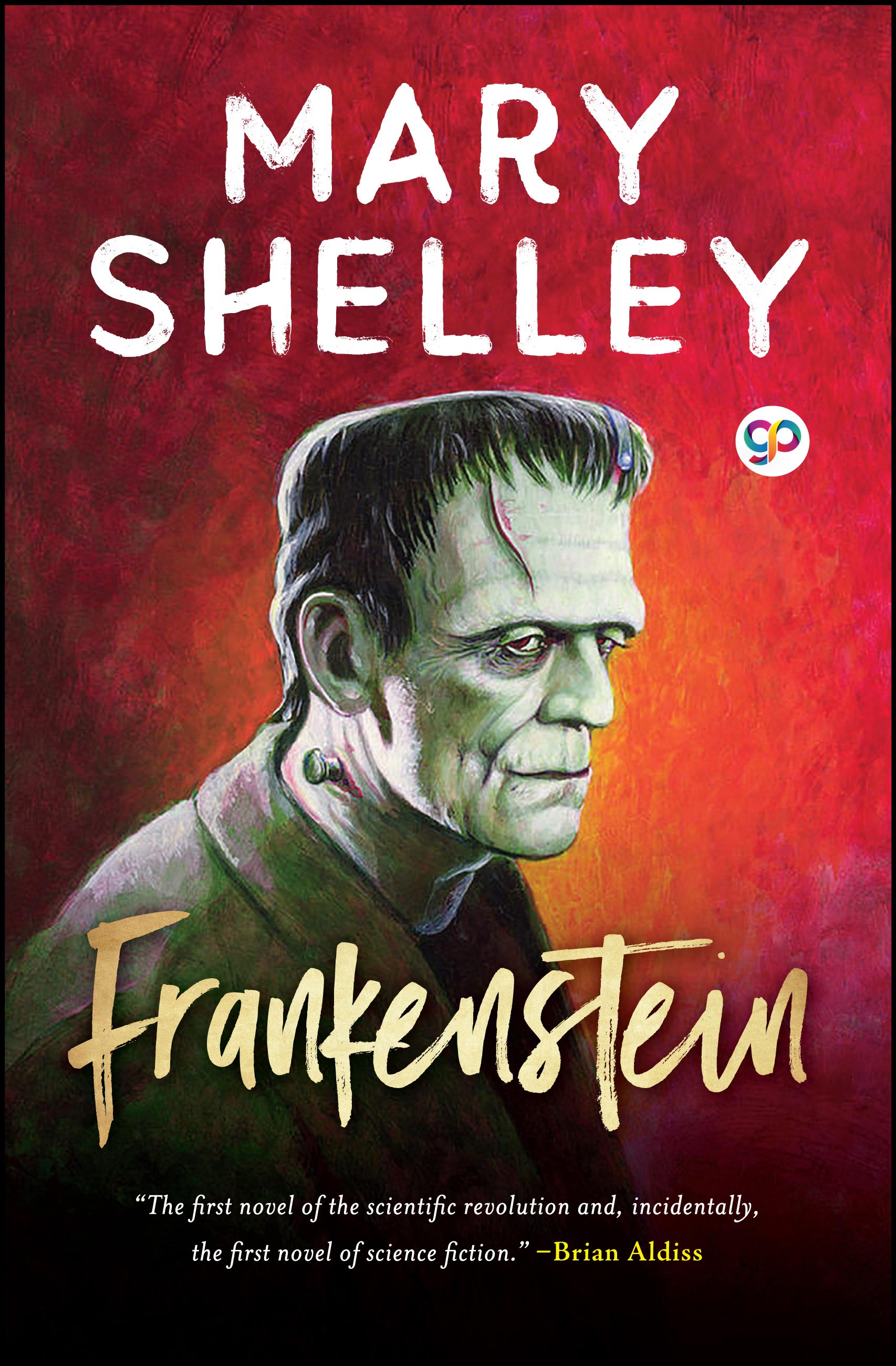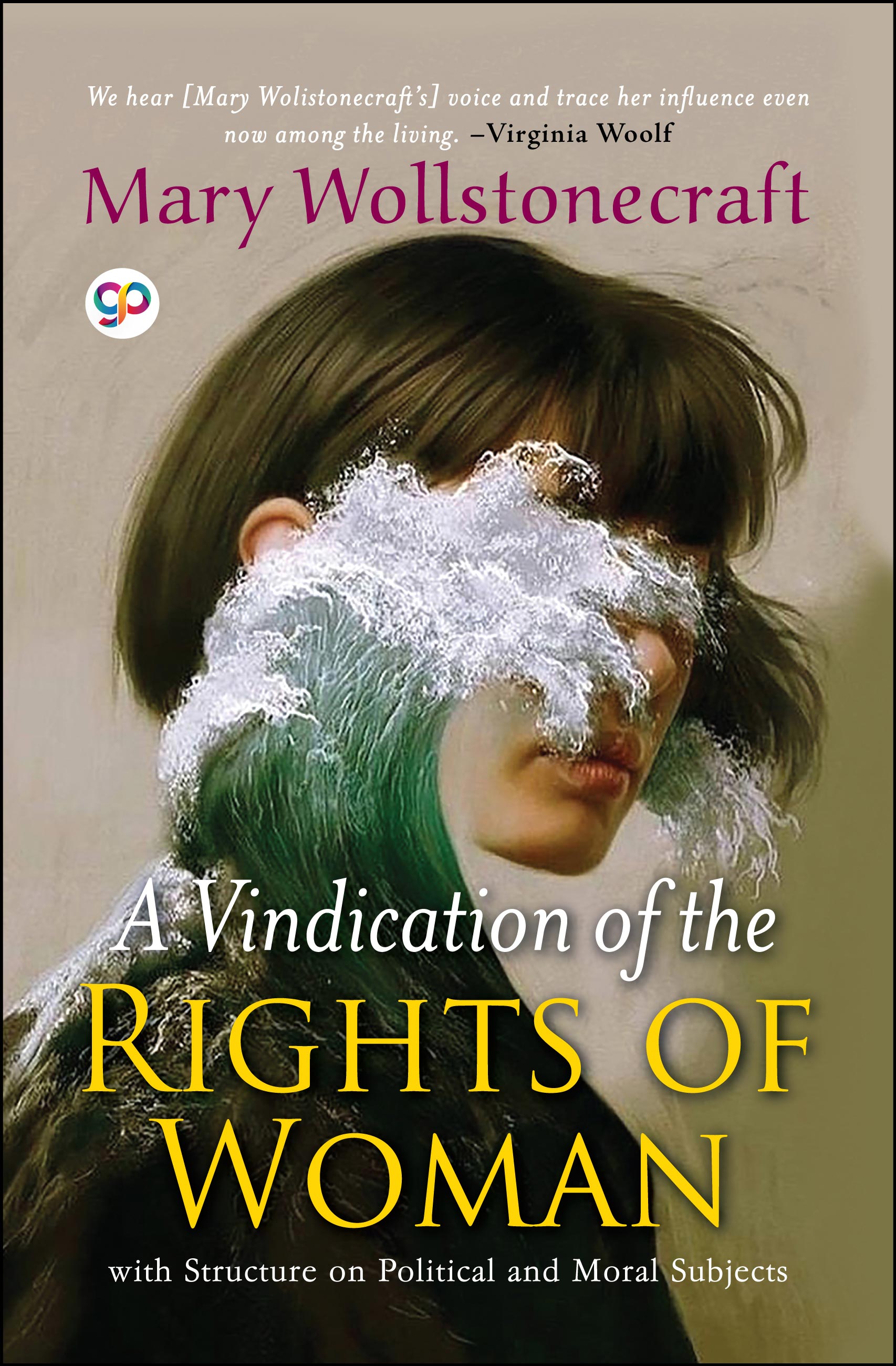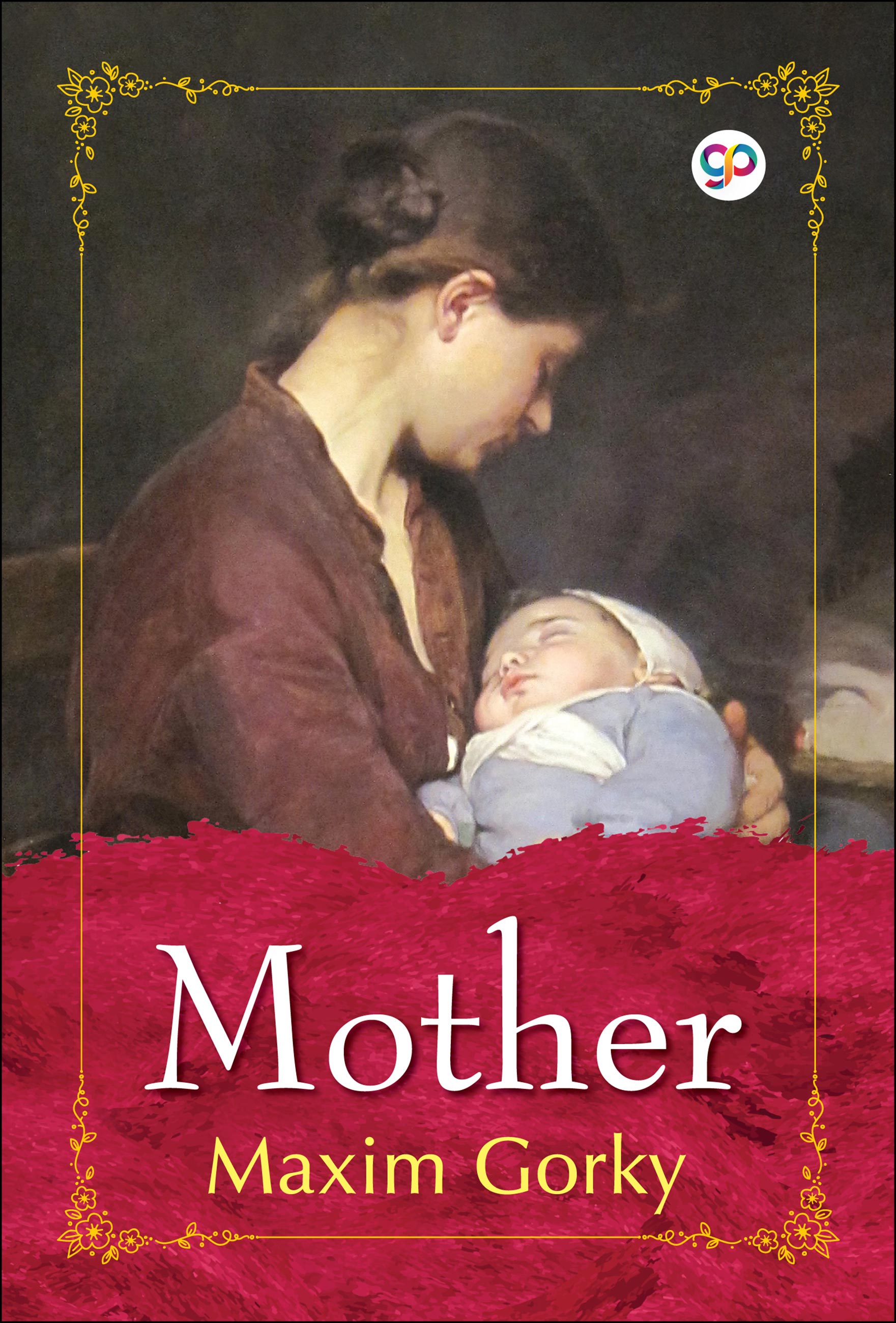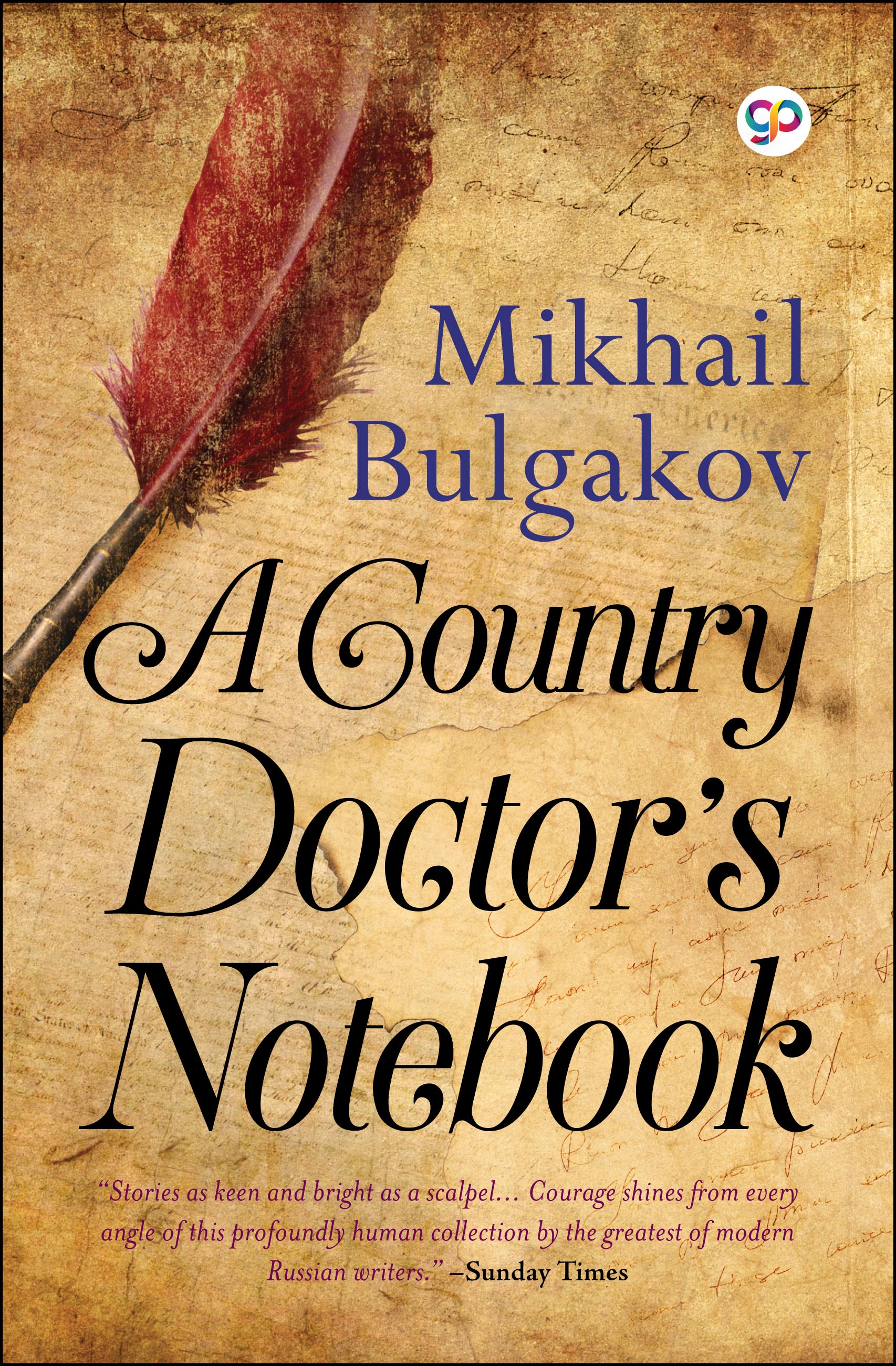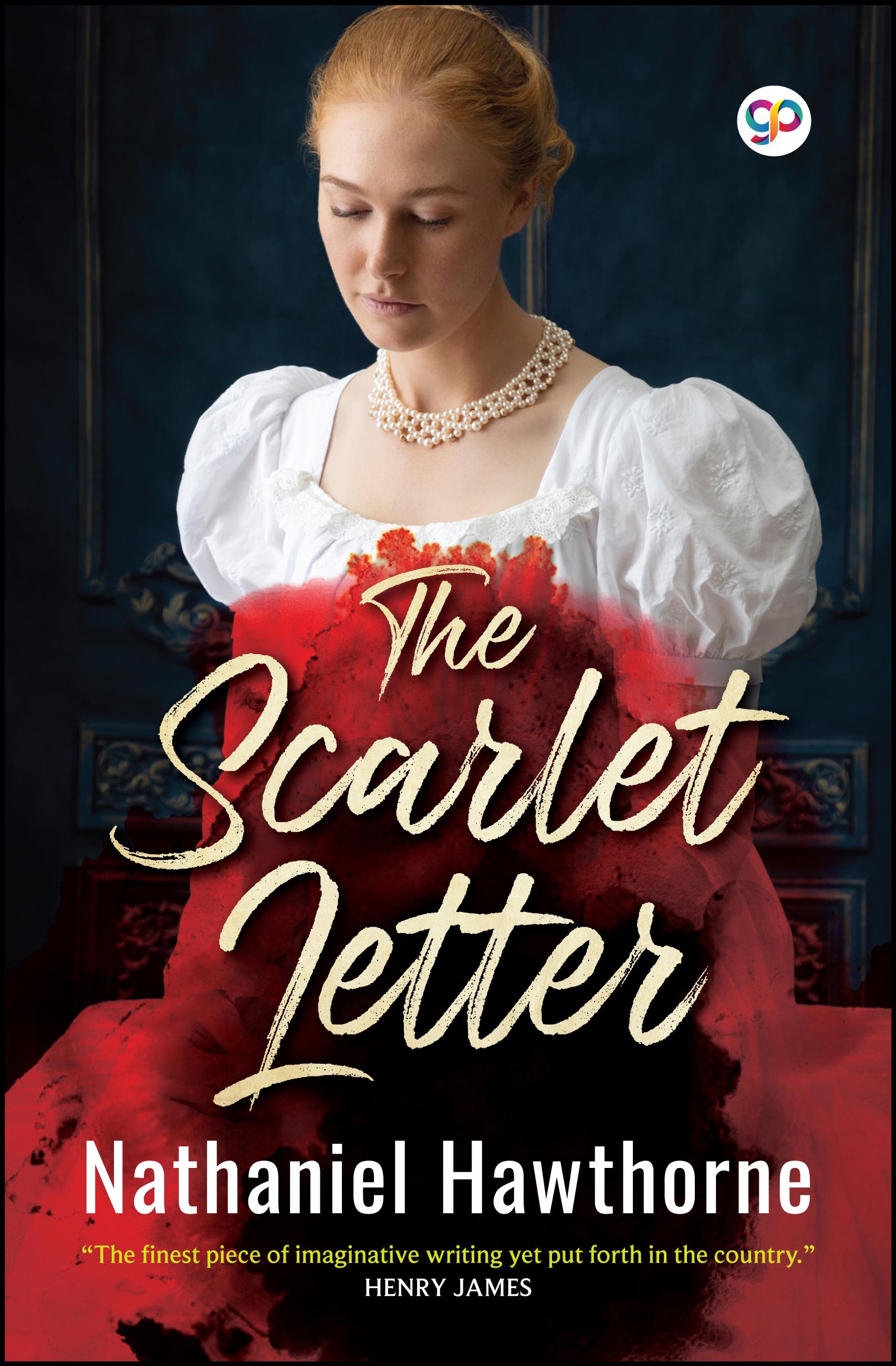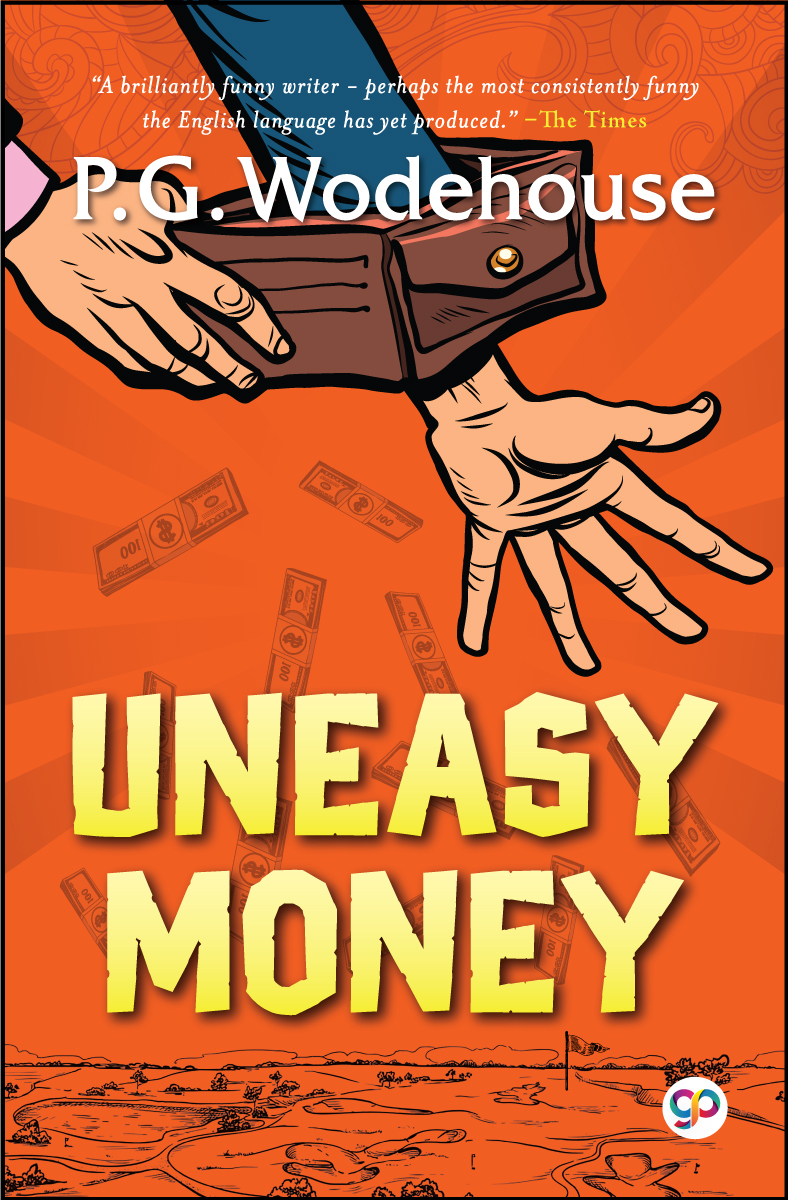
Uneasy Money (Paperback)
With its signature humor and intricate plots, P.G. Wodehouse's 1916 independent romantic comedy novel "Uneasy Money" is regarded as one of his best works.
Charles FitzWilliam Delamere Chalmers, Lord Devlish, sometimes known as Bill, is an easygoing, giving, and modestly wealthy member of the English nobility. He makes his living as a club secretary in London. Claire Fenwick, his stunning fiancée, will not wed him unless he increases his income. Bill decides to travel to America with the hopes of becoming wealthy.
Bill is disturbed when, shortly before he sets ship, an American he previously helped play golf unexpectedly leaves him a million pounds; the millionaire left his niece and nephew with barely twenty pounds. He tries to talk to them, offering them part of the fortune, to try to make things right. Giving money away can be difficult, in his opinion. This is a fantastic narrative with all the necessary elements—suspense, humor, and love.
BEST SELLERS
About the Author
Sir Pelham Grenville Wodehouse, KBE, was a comic writer who enjoyed enormous popular success during a career of more than seventy years and continues to be widely read over 40 years after his death. Despite the political and social upheavals that occurred during his life, much of which was spent in France and the United States, Wodehouse's main canvas remained that of prewar English upper-class society, reflecting his birth, education, and youthful writing career.
An acknowledged master of English prose, Wodehouse has been admired both by contemporaries such as Hilaire Belloc, Evelyn Waugh and Rudyard Kipling and by more recent writers such as Douglas Adams, Salman Rushdie and Terry Pratchett. Sean O'Casey famously called him "English literature's performing flea", a description that Wodehouse used as the title of a collection of his letters to a friend, Bill Townend.
Best known today for the Jeeves and Blandings Castle novels and short stories, Wodehouse was also a talented playwright and lyricist who was part author and writer of fifteen plays and of 250 lyrics for some thirty musical comedies. He worked with Cole Porter on the musical Anything Goes (1934) and frequently collaborated with Jerome Kern and Guy Bolton. He wrote the lyrics for the hit song Bill in Kern's Show Boat (1927), wrote the lyrics for the Gershwin/Romberg musical Rosalie (1928), and collaborated with Rudolf Friml on a musical version of The Three Musketeers (1928).

